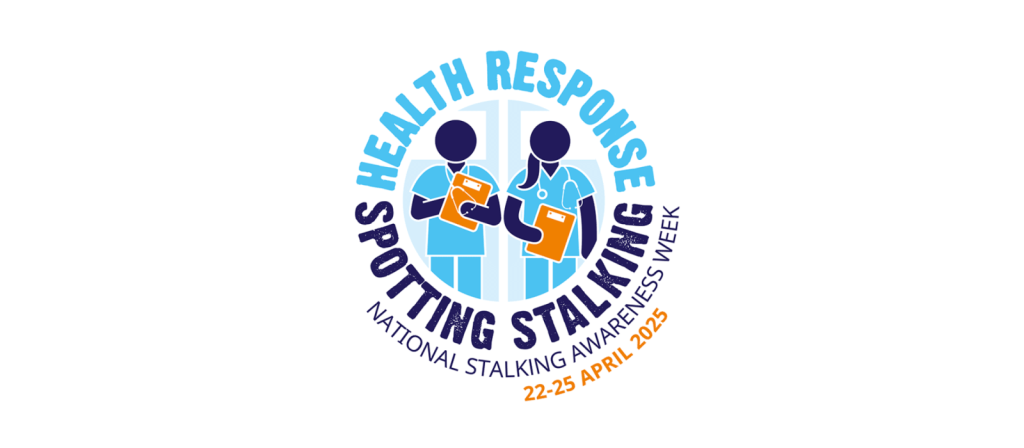
National Stalking Awareness Week 2025
On 23rd April at 10 am, IDAS are hosting a webinar to share critical insights into domestic stalking. ‘Stalked at Home’ will help you identify stalking behaviours, develop effective safety plans and support access to services.
Registration is £10
Stalking is a pattern of repeated, unwanted attention or any behaviour that causes you to feel scared, anxious, or distressed. The acronym FOUR, can help define stalking. F: Fixated O: Obsessive U: Unwanted R: Repeated
76% of women who are victims of homicide reported stalking in the year preceding their death, with the figure jumping to 85% for women murdered by their partner.
Contrary to popular belief, stalking is not just being followed by a stranger but also includes harassing behaviours from people one might know. Often, these behaviours are seen as romantic attempts or persistence in a relationship, but they can be intrusive and frightening.
Often stalking can also include harassment which can involve repeated attempts to impose unwanted communications, with technology and smart devices increasingly used to monitor victims. Regrettably, the seriousness of stalking is sometimes overlooked, leading to an escalation of risk causing distress and fear.
Both the offences of stalking and harassment come under the Protection from Harassment Act 1997 which was amended in 2012 to include stalking under the Personal Freedoms Act.
Stalking and harassment may be carried out by someone unknown to you or by a partner or ex-partner. The behaviour may involve any or all the following:
- following you
- sending you lots of messages or calling you repeatedly
- turning up wherever you are and hanging around
- damaging or interfering with your property
- watching or spying on a you
- giving you unwanted gifts
- making threats or intimidating you
Individually, each incident may seem like a small act but when added up they may amount to behaviours that cause you distress, alarm or to feel afraid. If you are experiencing a pattern of unwanted behaviours or acts, however small they may seem, this should be taken very seriously as stalking can have a serious impact on your life and you may be at risk of serious harm.
Over 700,000 women experience stalking each year according to the Crime Survey of England and Wales.
Many people who experience stalking find that keeping a diary or a log in a safe place can help to make sense of what is happening. It can also be useful if you report to the Police. However small something may seem, trust your instincts, and seek support to help keep you safe.
Specialist charities such as Paladin and National Stalking Helpline, run by Suzy Lamplugh Trust can help.
IDAS is also able to offer advice and support if you are experiencing stalking from a current or ex-partner.


 View all our news
View all our news